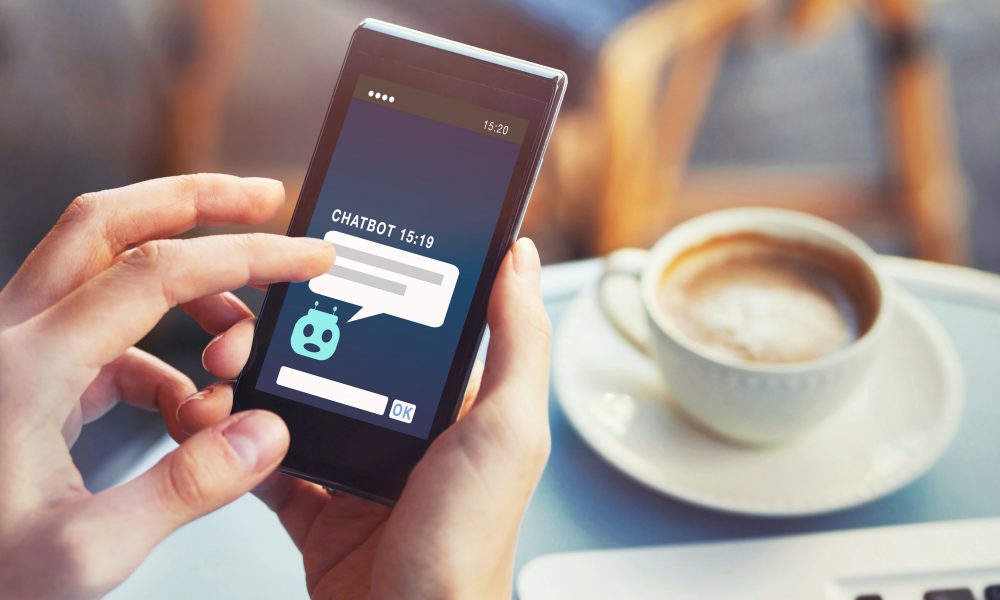An AI chatbot that can predict mental health disorders with 93 per cent accuracy has become the first in the world to achieve Class IIa UKCA medical device certification.
The certification establishes Limbic Access’ clinical effectiveness, safety and risk management.
It also confirms that the tool can be safely incorporated into the psychological therapy pathway to support patient self-referral, driving significant efficiencies to support overstretched clinicians and improving patient outcomes.
Limbic Access uses sophisticated machine learning to continuously improve its digital assessments and conversations.
The tool can classify the eight common mental health disorders treated by NHS Talking Therapies (IAPTs) with an accuracy of 93 per cent, further supporting therapists and augmenting the human-led clinical assessment.
Limbic co-founder and CEO, Dr Ross Harper, said:
“This is a landmark moment for mental healthcare, as it provides strong evidence that our psychological assessment software – the first in the world to gain this level of certification – is a safe and clinically effective way to augment the therapy process within mental health services at a time when such support has never been more needed.”
The certification comes as NHS Improving Access to Psychological Therapies (IAPT) services are experiencing significant capacity challenges in the face of record demand.
The latest data shows a 21.5 per cent increase in people accessing NHS talking therapies services over the last year.
A total of 130,000 NHS patients have so far accessed psychological therapy using Limbic’s AI mental health chatbot, making it the most widely used solution of its kind in the NHS.
Limbic Access is already working with 25 per cent of NHS IAPTs to augment their therapy process and, to date, is estimated to have saved IAPT services in England more than 30,000 clinical hours.
Dr Harper added:
“Limbic Access is reducing the workload for IAPT services by gathering information through a friendly, supportive chatbot conversation and using its machine learning capabilities to deliver effective triage.
“The result is that clinicians are more informed ahead of appointments and can spend more time focusing on the patient; services have less admin to complete, and patients enjoy shorter wait times and faster recovery. It’s win-win-win.”
IAPT chief operating officer, Andy Wright, said:
“Limbic AI has allowed patients to refer themselves at a time most convenient to them, and to book an appointment directly with a practitioner.
“This has been so popular and successful that 40 per cent of our self-referrals are now received outside of our normal working hours.
“The overall impact of this has included assessments and treatment being offered more quickly, waiting times have reduced, and patients are more likely to complete their treatment.
“ We are excited about working with Limbic to co-produce new innovations that will continue to improve our patients’ experience.”




